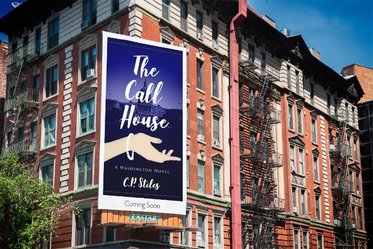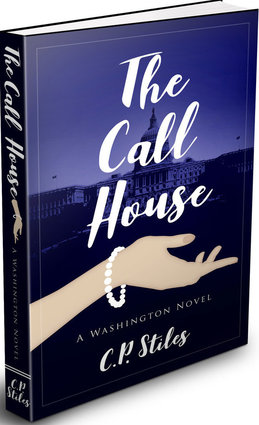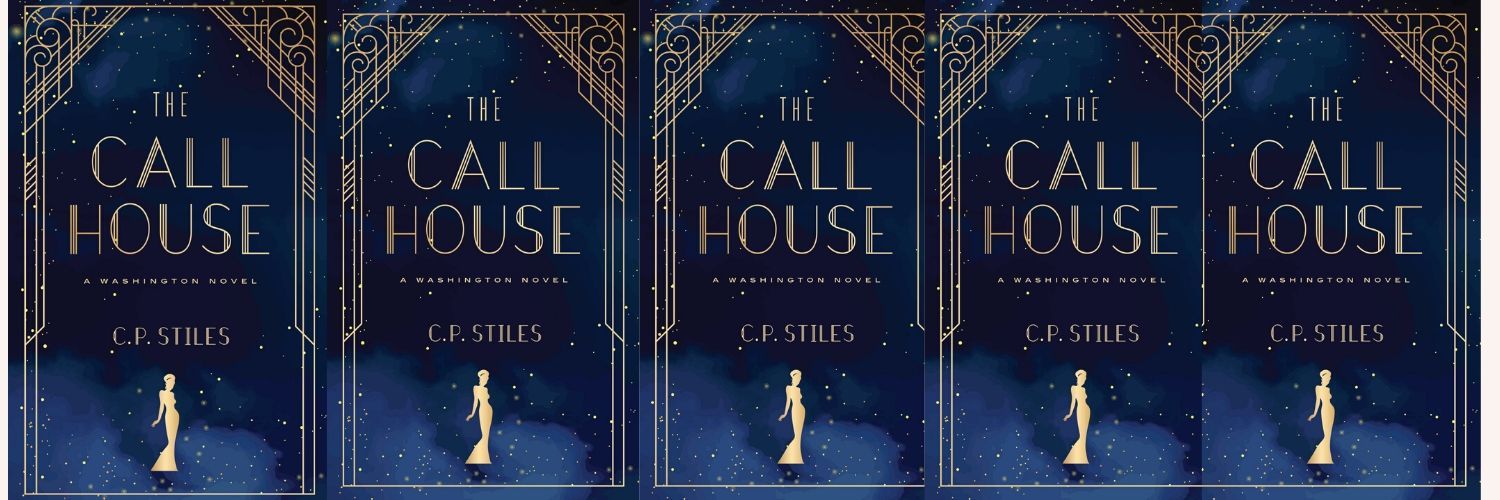|
Ever since I can remember, I’ve always wanted a pen name. Maybe it’s not that weird – I was allergic to dogs so wishing for a puppy was out of the question.
Later, in high school, while my friends were busy writing the names of their boyfriends on their notebooks, I’d be trying out names for the day when I became a published author. Ok. Maybe it is weird. Now that I finally have the chance to use one, it turns out it’s not that simple. Drawbacks Social media for one Does my pseudonym get a Facebook page? Somehow that’s the toughest. Twitter account – easy. Anyone can have several. It’s more anonymous. So is Pinterest and even Instagram. But Facebook somehow is more personal. I don’t want people “friending” someone who doesn’t exist. And having two accounts on this and maybe three accounts on that - plus another blog/website, email, book page - is bound to get confusing. Bios Do I make one up or use my own? I think I’ve decided to use my own. Maybe not everything, but some of what I’ve learned and done. What about interviews? I’ve signed up for a blog tour and said I’d be willing to do interviews. But again, do I create a whole new persona? Somehow that seems wrong. Even though it might be fun. I’d add a few inches to my height, take off a few pounds, give myself great hair, and a posh pied-à-terre in Paris. Maybe I’d like skiing in the winter and surfing in the summer. I could even claim hobbies. And suddenly I’m turning myself into a character in a book. Open Secrets Recently I’ve read about the difference between secret and open pen names. Keeping it secret, like Elena Ferrante, seems a bit pretentious for an unknown. But making it open only seems to matter if you’re Stephen King or J.K. Rowling. At the moment, I doubt anyone cares either way about my real or pen names. I don’t foresee a time when I’ll be confusing my fans by switching genres. So I’ve decided to tell my friends and leave it at that. And the benefits? Early in my career, I needed to learn to write grant proposals. My boss sent me to a two-day workshop in New York. The premise of this particular grant-writing workshop was to learn to write ego-less proposals. Gimmicky but interesting. When we arrived, we were given numbers – we were not supposed to use our names. They broke us up into groups mixing beginners with people who had experience. Our tasks were divided into one-hour units. For each unit, a different person was designated the leader. By the end of the workshop, everyone had been a leader at least once. Ego-less writing The point of all this was to help us learn to take our egos out of the writing process and concentrate instead on what we had down on paper. To make us less attached to our own ideas and more involved in creating a piece of work. Sure, it was a little like being in the army, except we stayed in a hotel and had a cocktail hour at the end of each day where we could use our real names. But it worked. At the end of two days, we had written a decent proposal. That idea of doing something that takes you outside of yourself and your own little world – even if it’s artificial - stayed with me. A pen name is kind of like that. I get to be removed. Approach my writing a little more objectively. I’ve already written about the joys of editing mercilessly. A pen name helps give me the freedom to do that. Maybe it’s an introvert thing There’s an interesting irony in doing this now when it’s all about author branding. Promoting yourself. Getting discovered. Getting name recognition. Blowing your own horn. I’ve never been comfortable with any of it. Fortunately, there’s this pen name who will handle it all for me.
0 Comments
 Yes! With the help of a friend or two, I did it. Wrote the description. Put the ebook up on Amazon for pre-order with an official pub date of May 15. You can order a copy here Here's the official description:
A war on vice In Washington, DC—a city constantly awash in scandals? Hard to believe, but it really happened. Only not exactly the way it’s told here. In an upscale residential neighborhood, in a perfectly respectable apartment building, one of the best-known, high-priced call houses on the East Coast operates quietly on the top floor. Everything goes along smoothly until the DC Police and the FBI try to outdo each other in waging a war on vice. This funny, fast-paced novel casts Washington DC as the main character, not just the setting. And as the adolescent world capital fills up with trainloads of hopefuls, you’ll get to know Mattie Simon, who wants some adventure, and Andrew Stevens, the newly elected congressman, who only wants to serve his country. But Washington has a way of changing people--even when they get what they want. C.P. Stiles’ crisp writing and sharp eye for detail keep you smiling as you take in a Washington that never dreamed of today’s scandals—but was on its way to them.  You would think after writing a novel, even a short one, that a 250-word book description would be a breeze. But you’d be wrong. For some reason, it’s harder to come up with a good description than just about anything else I've written.. Now that my new novel - The Call House - is ready to be released, and by ready I mean it’s got a great cover by Al Pranke at amp13; it’s been given a good read through by my favorite editor Lorraine Fico-White at Magnifico Manuscripts (I did make changes after she saw it so any mistakes are my fault); and; John Low at eBook launch has done a great job on the interior. All that’s left is to upload and launch. Except. I still have to write that pesky book description. I’ve read all the good advice, especially by Bryan Cohen, the book description guru. I know it needs a good headline, And followed Joan Reeves advice about taglines and loglines. It’s got to have punch and appeal to your emotions. But here’s the thing. The Call House is based on a true story. A series of events that happened in Washington, DC, in the early 1940s. That’s where it started. Then I invented characters and scenes. Dialogue and events. In other words, it’s a work of fiction. The book is really about Washington, DC, before World War II. The city itself. How somehow it manages to change people in subtle ways. It’s not like high-energy New York. Or laid-back LA. You don’t even realize it until you notice that you’re paying more attention to the news, politics seem to matter, lust for power takes the place of sexual desire. You get the idea. So that’s the backdrop and in a way the main character. But then there’s the young woman Mattie from Tennessee who’s looking for adventure. And the idealistic congressman from Michigan. And the young policeman who’d rather be in college. All caught up in a town that’s in transition. And what about the head of the DC Police vice squad? The head of the FBI? The head of the District Committee in the House? Where do they fit in. We’re talking 250 words. Plus, it’s not really historical fiction. Only it sort of is. And it’s not really romance. Only it sort of is that, too. And it’s got hopes of being literary fiction, only it’s a little too quirky. You see my problem? If you’ve been there and figured out how to solve this, I’d love to hear from you. |
CP StilesI'm returning to novels after a long time away - sharing my uneasy progress. Archives
June 2017
Categories |


 RSS Feed
RSS Feed
